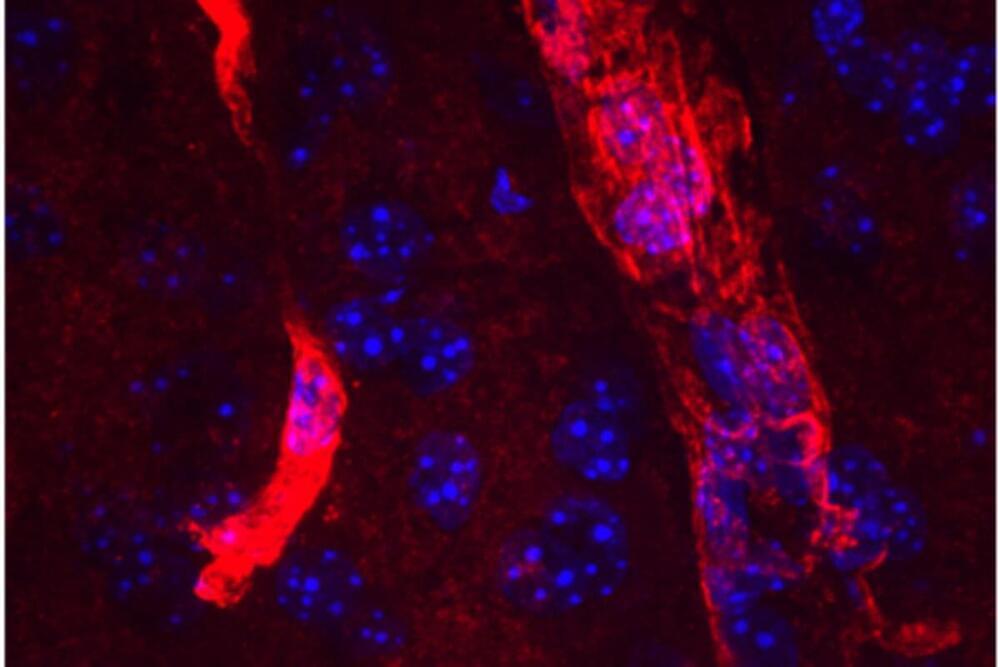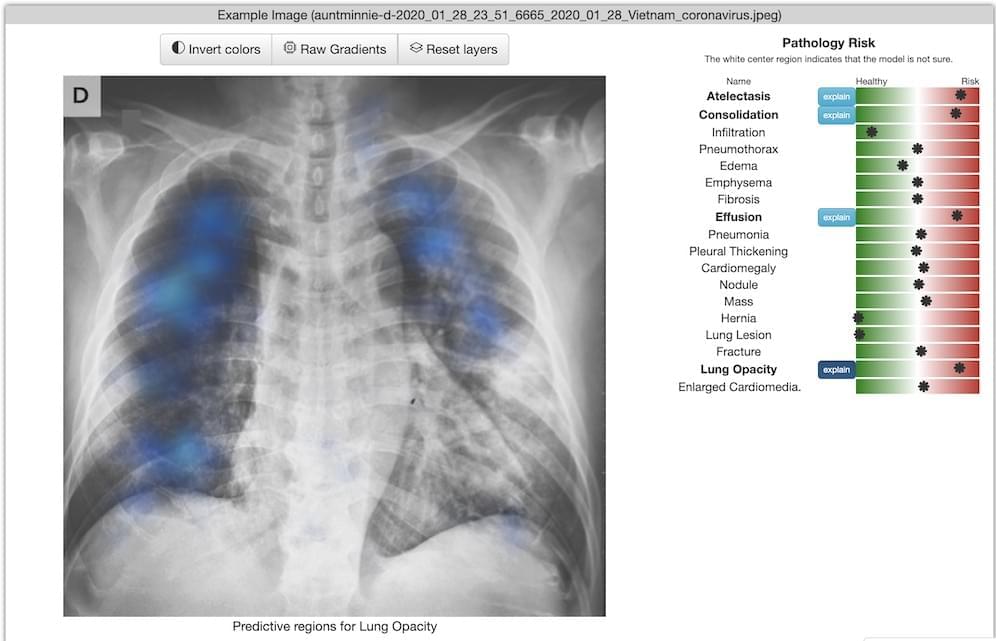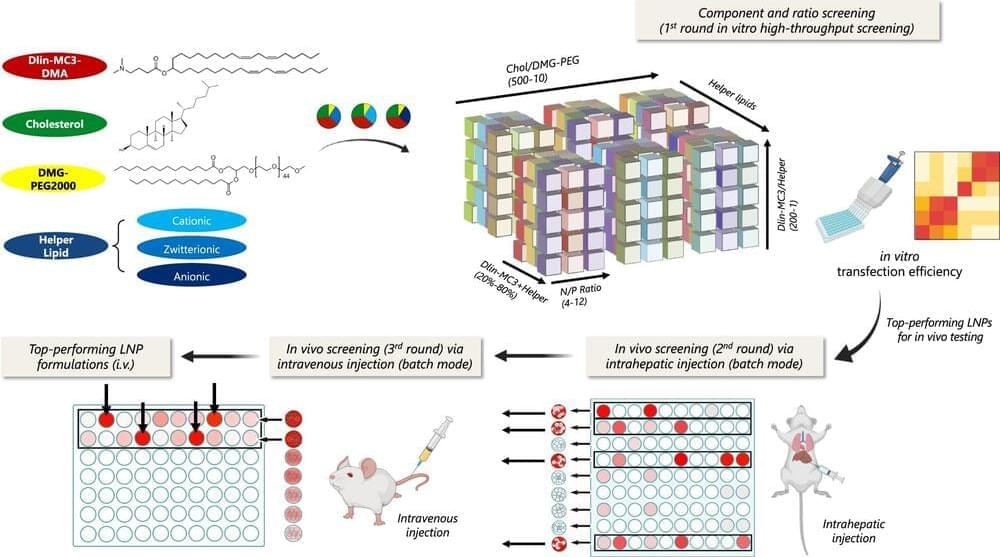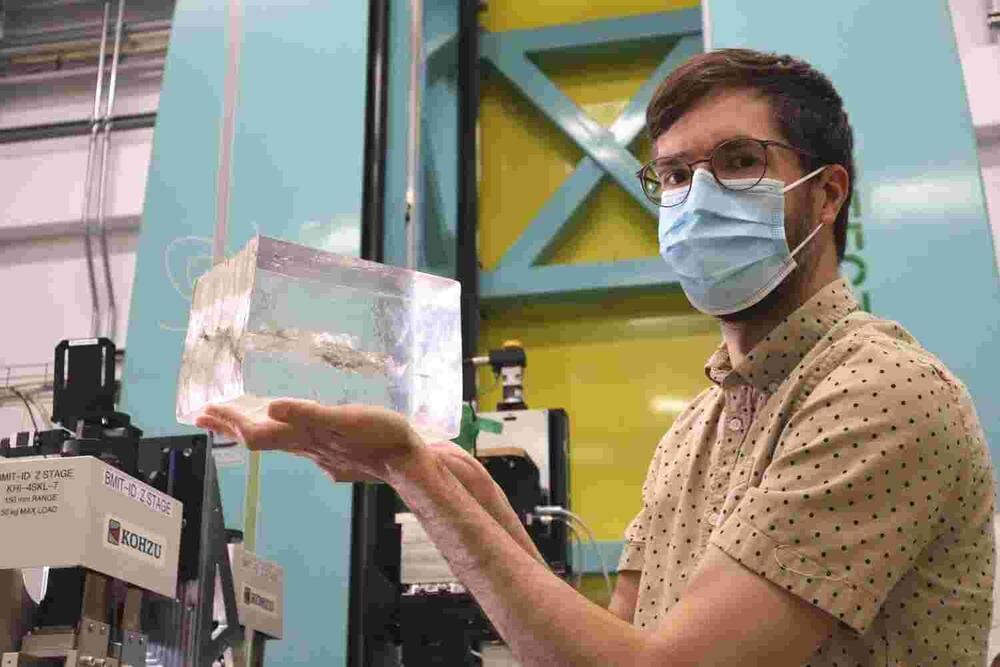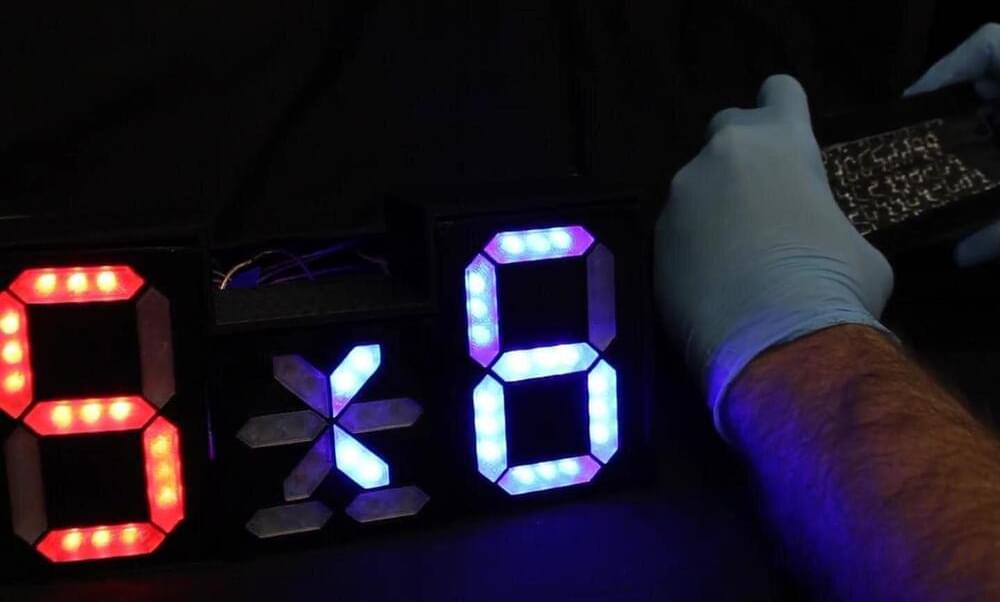Aug 25, 2022
Study points to new approach to clearing toxic waste from brain
Posted by Paul Battista in categories: biotech/medical, genetics, neuroscience
Researchers at Washington University School of Medicine in St. Louis have found a new druggable pathway that potentially could be used to help prevent Alzheimer’s dementia.
Amyloid beta accumulation in the brain is the first step in the development of Alzheimer’s dementia. Scientists have poured countless hours and millions of dollars into finding ways to clear amyloid away before cognitive symptoms arise, with largely disappointing results.
In this study, published Aug. 24 in the journal Brain, researchers found a way to increase clearance of waste products from the brains of mice by ramping up a genetic quirk known as readthrough. This same strategy also may be effective for other neurodegenerative diseases characterized by the buildup of toxic proteins, such as Parkinson’s disease, the researchers said.
